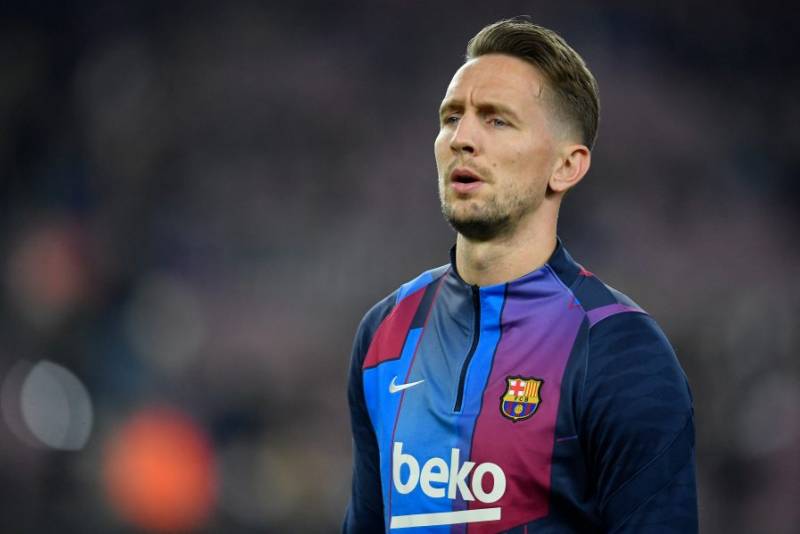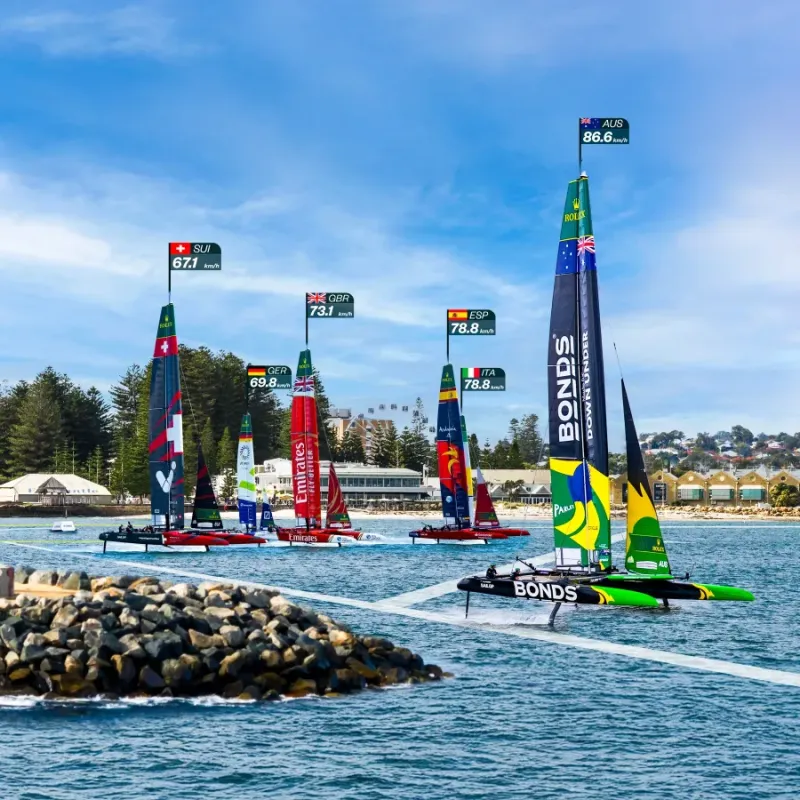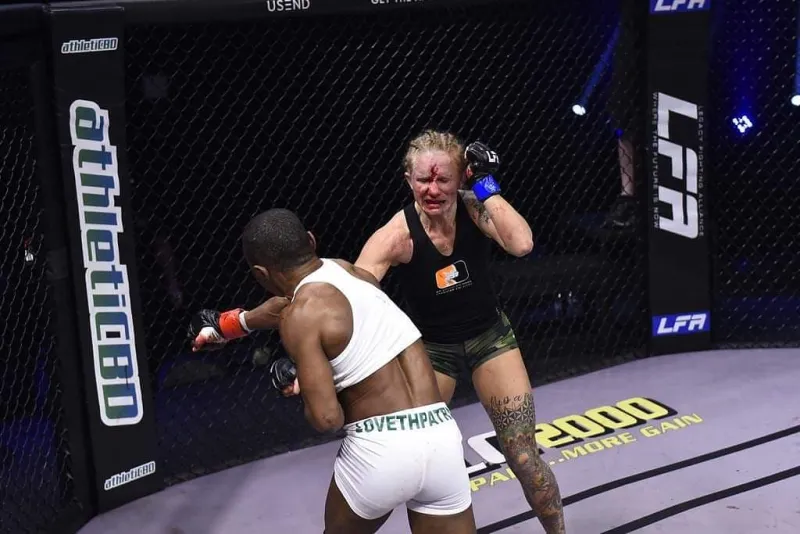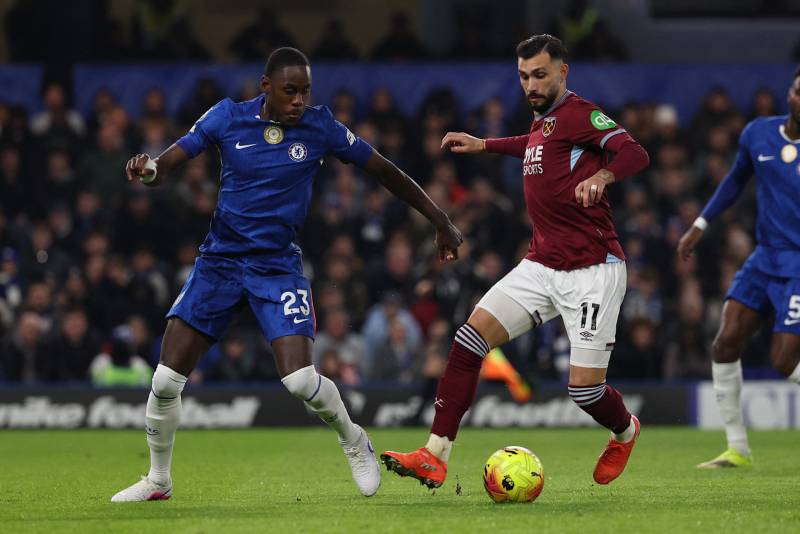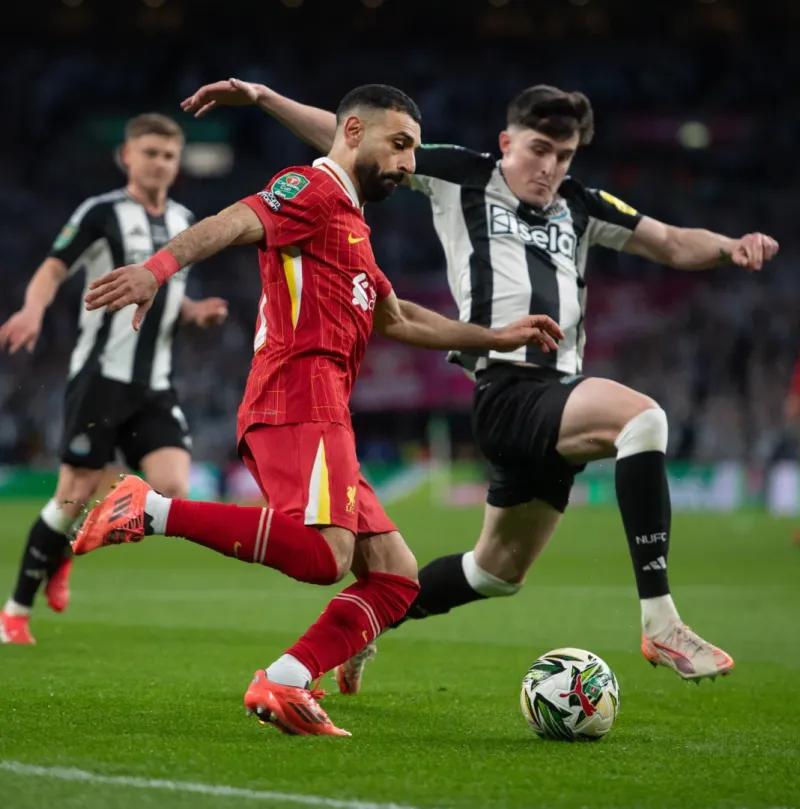“The pic you’ve been waiting for,” read the post from Barcelona’s official Twitter account last month, above a photo of the team’s new coach Xavi Hernandez talking to a smiling Frenkie de Jong.
Xavi was barely into his second week as coach but the hope was that he would already have De Jong nestled under his wing, the advice flowing from one midfielder to another and the clock counting down until the flourishing of another Dutch master in Barcelona colours.
For three years now, including two in Spain and his final one at Ajax, the destiny of De Jong has, through no fault of his own, defined almost everything about him as a footballer.
His performances have been up and down, and mostly somewhere in between. He has been an obvious pick in Barca’s starting line-up but only occasionally a stand-out performer.
Against Elche at Camp Nou on Saturday, he was substituted in the second half and whistled by some of his own fans.
“Maybe you don’t see what he does but he’s very good,” said Xavi.
“I don’t think I have ever done really badly, but I know I can do better,” De Jong told AFP in an interview last year.
In some ways, the promise of what De Jong can be has been all-consuming.
Honed by Ajax and instrumental for the Dutch national team, De Jong owned the two fundamental characteristics to be considered a carrier of ‘Barca DNA’.
As a child, he even did multiple stadium tours of Camp Nou and wore a shirt with Lionel Messi’s name on the back.
Perhaps the only way the anticipation could grow further was through a transfer scramble, which was provided when Paris Saint-Germain and Manchester City joined the race for De Jong’s signature in 2018.
It was a fight Barcelona could not afford to lose.
Excitement around De Jong had been building ever since he helped engineer Ajax’s dismantling of Real Madrid in the Champions League, while Barca’s own failures in the tournament meant the craving for young talent had morphed into something closer to desperation.
There was political pressure too.
The club’s president Josep Maria Bartomeu faced anger about repeated capitulations and an increasingly unrecognisable style of play, all on the back of Neymar’s humiliating departure to PSG.
The prospect of PSG, a state-funded club, with its perceived lack of identity or history, again beating Barcelona to a player like De Jong, a poster boy for almost everything Barca stood for, was unthinkable.
Barcelona paid 75 million euros for De Jong, with a further 11 million euros due in variables, and a club announcement explained in its third paragraph how “the president Josep Maria Bartomeu and CEO Oscar Grau were personally involved in closing the deal”.
“In some ways I’ve always been a Barcelona player,” said De Jong, with Camp Nou behind him.
Yet in the rush to be seen to buy young, bolster the team’s identity, beat PSG and boost the popularity of the president – what was Barcelona’s plan for De Jong?
How did they expect to improve or even accommodate this talented 21-year-old?
In the first game of the season, Barcelona’s then-coach Ernesto Valverde offered a show of faith by fielding him ahead of Sergio Busquets. But Barca struggled, Busquets was restored and De Jong shifted to the right of the midfield three.
In his two and a half years, De Jong has played right, left, defensive and attacking midfield, as well as right-wing and centre-back. He has played under four permanent coaches, seen Messi leave and Barcelona surrender its status as a serious European club.
His best position remains unclear and his future is now in question.
Barcelona’s financial meltdown means any significant sale is always tempting and De Jong has been linked to both Manchester clubs in recent weeks.
He would likely fetch more than 50 million euros in either January or the summer transfer window.
For now, the onus is on De Jong to take what could be his last chance under Xavi, to satisfy lofty expectations and make good on a signing that was arguably seen as an end in itself, with too little thought for what came next.
SOURCE : gaurdian
